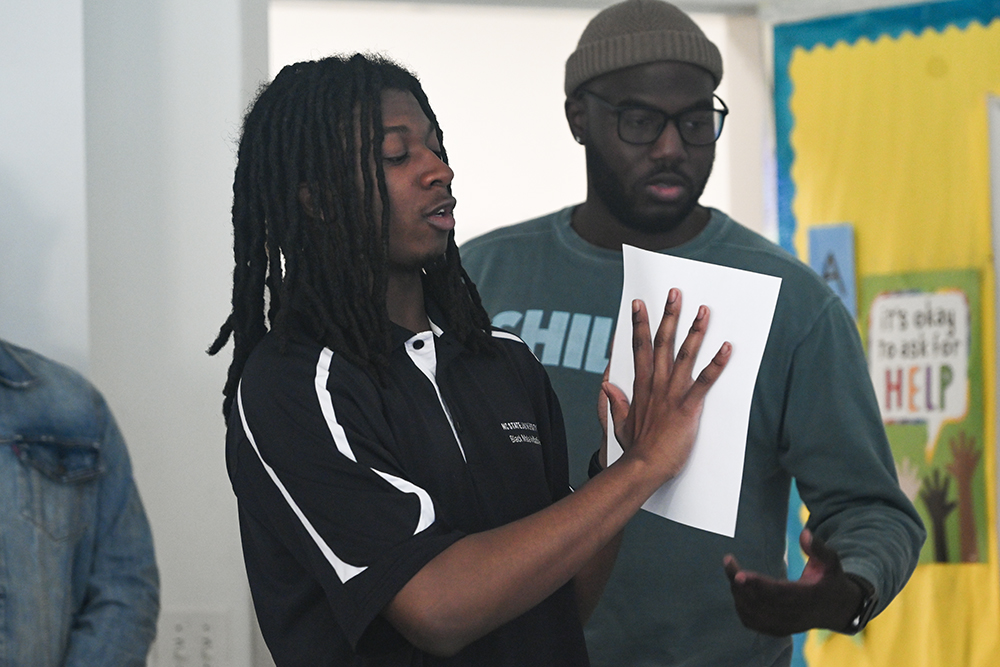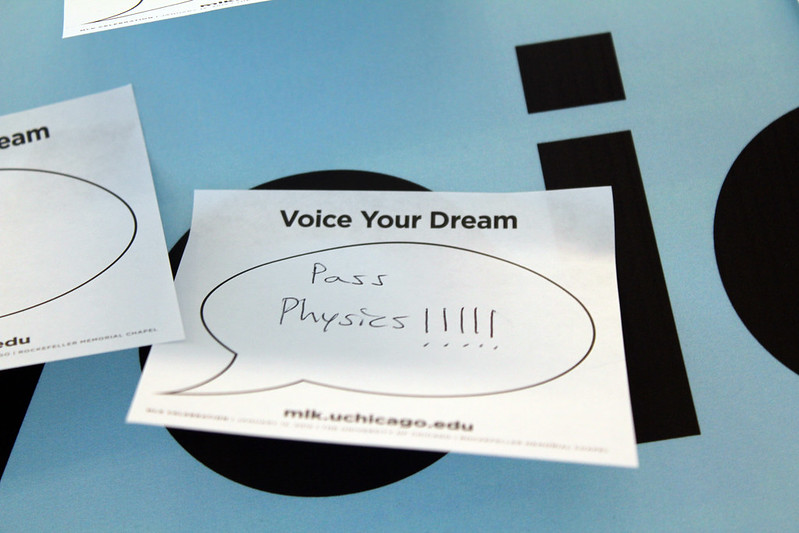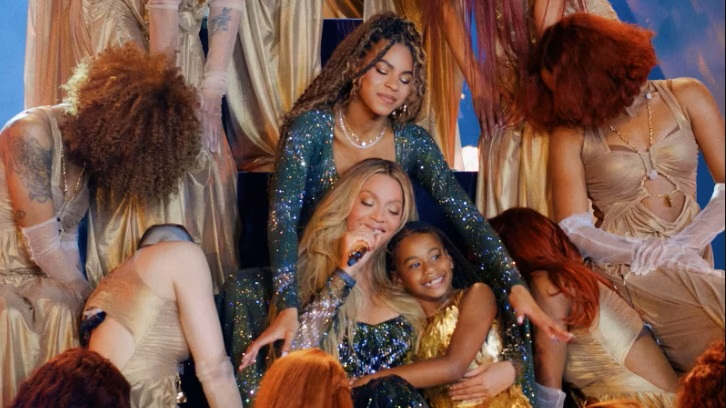The Black Initiative (BMI) has steered and shaped Black males into confident young men.
BMI is a safe community for Black males on NC State’s campus. It allowed Black male students, staff and faculty to be authentic and vulnerable. It is a space that fosters community with people who have shared experiences. BMI provides structure with different programs, workshops, and field trips that strengthen the brotherhood.
With the news that BMI would be shutting down after Spring 2025, The Nubian Message was able to interview BMI mentors Ryan Foster and Caston Reaves II, mentee Jakevious Pollard and BMI graduate assistant Alcedos Vanderpool. Interviewing these young men helps shine a spotlight on how crucial this program is to Black males on campus.
The Nubian Message: What kind of things does BMI do?
Ryan Foster: We talk about leadership. We talk about being a Black man on campus, [and] different things that build a community for our members. We also take part in trips. We go to Atlanta; we just went to Atlanta this past weekend. We also went to Washington, D.C., we went to the Martin Luther King Memorial. We went to a bunch of different spots that basically helped us build that sense of community and sense of culturalism. It’s all about building community.
Jakevious Pollard: I’m a mentee, so I just attend any of the programs. We do professional development – checkups, making sure everybody’s feeling supported, [being] careful on campus, [making] sure they have everything.
Alcedos Vanderpool: A lot of it is giving Black males a place for building community – having a space where they feel like they belong on college campuses, especially predominantly white ones. For Black males, it is important [to be] able to come together with other Black men who are studying all kinds of different things. Gaining new perspectives from different parts of North Carolina and outside North Carolina is super beneficial to them. These are people that they’ll probably be friends with for the rest of their lives, but also colleagues and resources that these students will be able to tap into. I think that’s what BMI does for them.
TNM: Why did you decide to join BMI?
Foster: I joined my first year because I didn’t know where to go. It was my first year on campus in a PWI, and I really didn’t have an idea on where I could go to find that sense of community. When I was looking through the housing portal, [BMI] was one of the spots that I could go and I could find people. That’s the reason why I initially joined. As I stayed through BMI my whole four years in college, I got to meet a bunch of new people who shared similar experiences. It basically let me know there was a place for people like me to join and engage with each other.
Reeves II: I joined BMI my sophomore year because I wanted a sense of community. My first year, [I] had friends that were all over campus, but I hadn’t felt comfortable. BMI gave that to me, and that’s why I joined.
Vanderpool: I am a doctoral student, and I was very much interested in studying how we can improve success markers for Black males in predominantly white campuses, and the opportunity presented itself for me to be a graduate assistant.
TNM: What is your favorite part of BMI?
Foster: My favorite part of BMI is hanging out in the lounge area and engaging with everybody – talking about whatever, the most popular games of the day, and hanging out with friends.
Pollard: I just like doing events like this, and the tight-knit brotherhood
Reeves II: My favorite part of BMI is the other people. As the mentor, you get to see people grow throughout the years, and I’ve truly enjoyed that the most. Of course, I’ve grown, but to see people from their freshman year to their junior year – their growth, their development, not only as just leaders, but just people– that’s my favorite.
Vanderpool: I’ve only been with BMI since October, but my favorite part is the community meetings. When we go on trips or whenever we go on activities or excursions, not all students get to come. But community meetings are usually where all of BMI gets to come.. They’re once a month. So [if] there’s somebody that you don’t usually see every day, but you see them at the meeting, and you get to have conversations with them, touchpoints with them, and just really take in that community aspect and really just get to, you know, figure out, you know, what we’re gonna do for the month, and do all kinds of activities.
TNM: What kind of impact does BMI have on NC State and the broader community, and what legacy will it leave behind?
Foster: We’re hoping that we show them that people like us can have an impact on the community – that there are spaces and we can thrive and succeed as we continue our schooling. Specifically [with] BMI, we’re just hoping that we can still show with the time that we have left that there is opportunity for, you know, minorities, and not necessarily just Black men. Because, like all marginalized communities, there are things for us to do, or there is opportunity for success. For all of us.
Reeves II: On campus, we have our collaborations with campus partners, so that’s how we impact outside of our village. Even here today, coming into the elementary school, or just other community service events– that’s [how] we leave our impact.
Vanderpool: We’re at a school getting to interact with all these different children who are part of the community. When I was a kid, I didn’t get opportunities to see people who went to college and are majoring in different things. So the fact that these students get to come here and talk with these kids, and find out about their different aspirations, and the kids see people that look like them, that are doing these amazing things. If I’m thinking about the college students on campus, and that impact as well, I say it’s very hard when you’re on a campus with a lot of people who don’t look like you, [and] to feel like you belong there. Imposter syndrome is a thing, and being able to have those opportunities, to get with other folks who share those identities, is super duper helpful. And you know, I think that’s what gets folks to graduation.
BMI offered Black males a space to gather and to share their unique experiences. Even though BMI is being discontinued, the bond that these men share with each other will go on forever.






